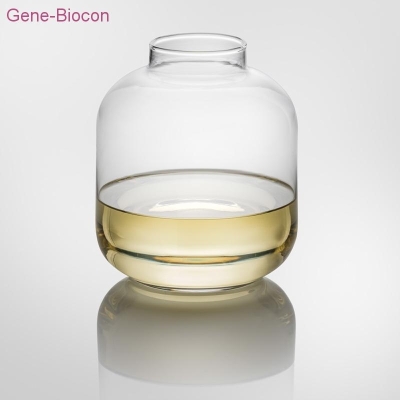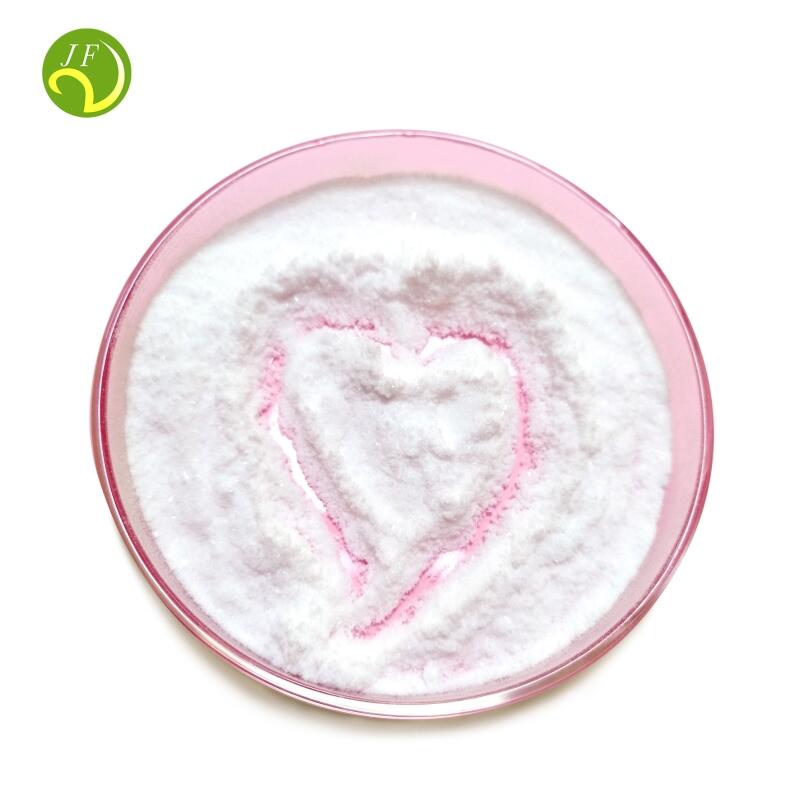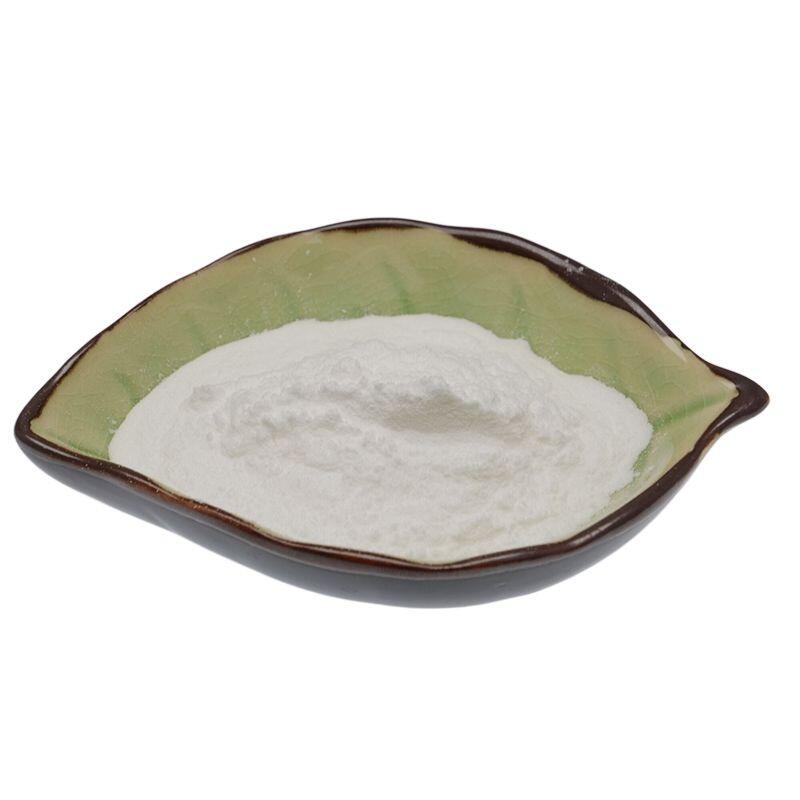-
Categories
-
Pharmaceutical Intermediates
-
Active Pharmaceutical Ingredients
-
Food Additives
- Industrial Coatings
- Agrochemicals
- Dyes and Pigments
- Surfactant
- Flavors and Fragrances
- Chemical Reagents
- Catalyst and Auxiliary
- Natural Products
- Inorganic Chemistry
-
Organic Chemistry
-
Biochemical Engineering
- Analytical Chemistry
-
Cosmetic Ingredient
- Water Treatment Chemical
-
Pharmaceutical Intermediates
Promotion
ECHEMI Mall
Wholesale
Weekly Price
Exhibition
News
-
Trade Service
Spirulina powder is a type of dietary supplement that is made from the dried and ground blue-green algae of the Arthrospira species.
It has been used for centuries as a natural source of nutrients and has been touted for its potential health benefits.
However, as with any food or dietary supplement, it is important to consider the safety of spirulina powder, particularly in the chemical industry.
One of the main concerns with the safety of spirulina powder is its potential for contamination with heavy metals, such as lead and mercury.
These metals can accumulate in the water and nutrients that the algae is grown in and can be present in the final product.
While the levels of heavy metals in spirulina powder can vary depending on the source, the growing conditions, and the manufacturing processes used, it is generally considered safe to consume spirulina powder in moderation.
However, it is important to note that people who are sensitive to heavy metals, such as those with kidney or liver disease, should be especially cautious when using spirulina powder.
They may want to consider taking a lower dose or consulting their healthcare provider before using it.
Another potential safety concern with spirulina powder is its potential for contamination with microorganisms, such as bacteria and fungi.
These microorganisms can also be present in the water and nutrients that the algae is grown in and can survive the drying and grinding process used to make spirulina powder.
While the levels of microorganisms in spirulina powder can vary depending on the source and the manufacturing processes used, it is generally considered safe to consume spirulina powder if it has been properly processed and stored.
However, it is important to note that people with compromised immune systems, such as those with HIV/AIDS or cancer, should be especially cautious when using spirulina powder.
They may want to consider taking a lower dose or consulting their healthcare provider before using it.
Finally, there is some concern that spirulina powder may interact with certain medications or supplements, potentially leading to adverse effects.
For example, spirulina powder may decrease the effectiveness of certain blood thinners, such as warfarin, and may interact with certain immunosuppressant drugs, such as cyclosporine.
It may also interact with other supplements, such as antioxidants or herbal supplements, potentially leading to increased risk of side effects or drug interactions.
It is important to note that not all potential interactions have been fully studied, and the impact of spirulina powder on drug interactions can vary depending on the individual and the specific medications being used.
Therefore, it is important to consult with a healthcare provider or pharmacist before using spirulina powder, particularly if you are taking any medications or other supplements.
Overall, spirulina powder is generally considered safe when consumed in moderation and as part of a balanced diet.
However, as with any dietary supplement, it is important to consider the potential for contamination with heavy metals, microorganisms, and other substances, as well as the potential for interactions with medications and other supplements.
By taking these precautions and being mindful of any potential safety concerns, you can help ensure that spirulina powder is a safe and beneficial addition to your diet.







